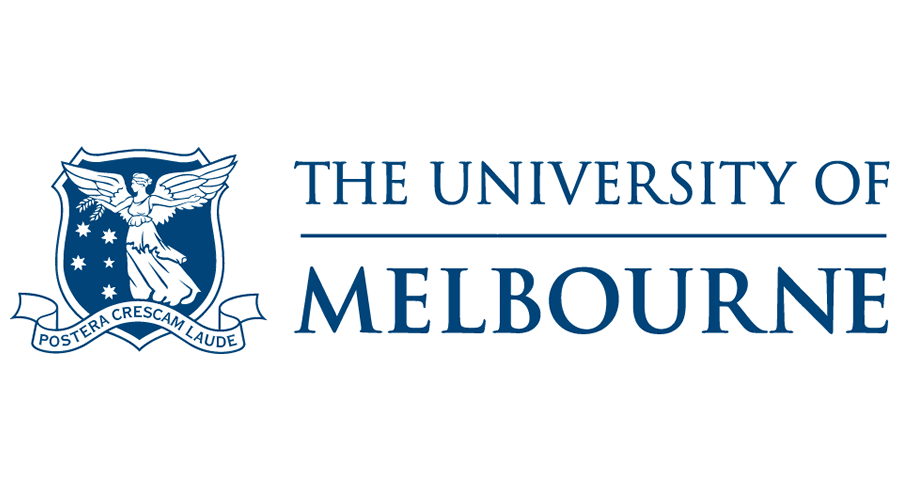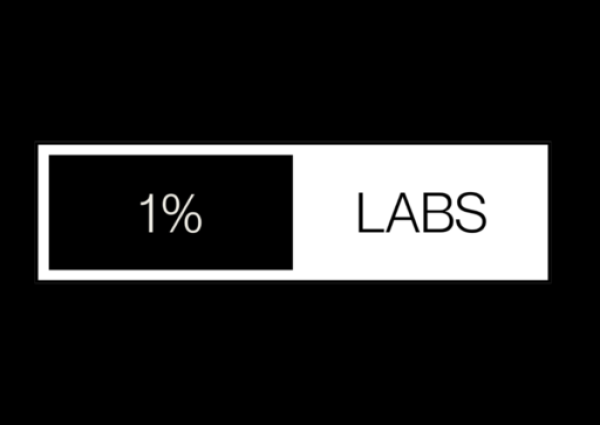Student Offer (Limited Time)
$79.95 AUD
✅ Lifetime Access
✅ All Future Updates
✅ First Access to Community
Get in now and be part of the NeuroStudyLabs 1% — the students who decided to stop winging it and start winning with strategy.
If you’ve ever spent hours reading your notes only to forget everything the next day, you’re not alone. Most students were never taught how to study effectively—they were simply told to study. But learning is a skill, and just like any skill, there’s a science to doing it well.
In this guide, we’ll walk through evidence-based study methods that improve memory, focus, and long-term understanding. These aren’t hacks or quick fixes—they’re proven techniques backed by neuroscience.
Train your brain to remember by retrieving, not rereading.
What it is:
Active recall is the process of testing yourself to pull information from memory—rather than just reviewing or highlighting notes. You deliberately try to remember key concepts, definitions, or processes without looking at the answer first.
Why it works:
When you retrieve information, you strengthen the neural pathways that store that memory. The more often you recall something, the easier it becomes to retrieve again. It’s like rehearsing a performance—your brain gets better at remembering through repetition.
How to apply it:
Create your own quiz questions after each lecture or reading.
Use flashcards with apps like Anki or Quizlet that use spaced repetition.
Cover your notes and recite key points aloud or write them from memory.
Practice with past papers under timed conditions.

Forget cramming. Learning over time works better—every time.
What it is:
Spaced repetition is a study technique where you review information at gradually increasing intervals over days or weeks. It’s the opposite of cramming, which overloads your short-term memory and leads to rapid forgetting.
Why it works:
When you allow some forgetting to happen before re-engaging with the material, your brain has to work harder to retrieve the memory—this effort actually strengthens memory retention. It's based on the "forgetting curve", which shows how quickly we forget if we don't review.
How to apply it:
Review notes 1 day, 3 days, 7 days, and 14 days after learning.
Use spaced repetition software that automatically manages review timing (e.g., Anki).
Build a study calendar that rotates subjects and topics over time.

Mixing it up is better for long-term mastery.
What it is:
Interleaving is the practice of alternating between different topics, types of problems, or subjects within a single study session instead of blocking (studying one thing for a long stretch).
Why it works:
Mixing topics may feel harder, but it enhances your brain’s ability to distinguish between ideas and apply them flexibly. This leads to better problem-solving and adaptability in test conditions.
Example:
Instead of doing 20 algebra problems in a row, mix in algebra, geometry, and statistics.
Study biology for 30 minutes, then switch to chemistry, then psychology.
How to apply it:
Plan multi-topic study blocks (e.g., 20 mins each) instead of mono-topic marathons.
Use practice exams that cover mixed topics.
During revision, rotate topics even if you feel weaker in one—it’s the contrast that helps.

Make information meaningful by connecting it to what you already know.
What it is:
Elaborative encoding involves actively linking new information to things you already understand or care about. It’s not about memorising facts in isolation—it’s about creating a network of ideas.
Why it works:
The brain encodes memories more strongly when they are emotionally relevant or meaningfully connected. Making connections turns abstract facts into concrete, memorable insights.
How to apply it:
Ask yourself, “Why does this matter?” or “How does this relate to what I already know?”
Create real-world examples or analogies.
Use visual metaphors, mind maps, or storytelling to connect ideas.
Teach it to someone else—this forces you to clarify and organise your thoughts.
Example:
Instead of memorising “mitochondria is the powerhouse of the cell,” you might relate it to your phone’s battery that powers every app—except this battery recharges itself with nutrients.

At NeuroStudy Labs, we’ve built a neuroscience-backed online study course that teaches how to study effectively using methods like these—and more. Whether you’re in high school, uni, or self-studying for an exam, this is the course we wish we had.





✅ Lifetime Access
✅ All Future Updates
✅ First Access to Community
Get in now and be part of the NeuroStudyLabs 1% — the students who decided to stop winging it and start winning with strategy.
NeuroStudyLabs is a neuroscience-backed study skills program designed for high school and university students. It teaches you how to learn smarter, stay focused, retain more, and perform better — using proven techniques from cognitive science and psychology.
Students who want to study smarter, not harder — especially:
Year 10–12 students preparing for exams
University students juggling heavy workloads
Burnt-out students who’ve tried everything
High achievers looking to stay ahead
Whether you’re struggling to stay focused or aiming for top scores, this course gives you the tools to get there.
No — this isn’t about generic advice.
NeuroStudy Labs is a complete system based on how your brain actually works. You’ll learn how to apply techniques like:
Active recall
Spaced repetition
Deep work focus
Learning identity & mindset building
And you’ll get planning tools, templates, and weekly systems to make it stick.
You get lifetime access to:
7 detailed, video-based modules
50+ lessons with engaging transcripts & visuals
NeuroStudy Planner
Reflection prompts, mini-exercises, and toolkits
An entire brain-based study system you can follow forever
The full course is designed to be completed slowsly over 2-4 weeks, but it’s self-paced — you can move faster or slower depending on your schedule. Many students start seeing results within the first week of applying the system.
It’s grounded in neuroscience, not guesswork.
This is not about cramming more in — it’s about changing how you study, how you think, and how you feel about learning. It’s transformation, not just information.
Yes. If you complete the course and don’t see any improvement in your focus, motivation, or results, we’ll give you a full refund within 30 days — no stress, no pressure.
Perfect — NeuroStudy Labs helps high achievers unlock even more potential. You’ll learn how to study more efficiently, reduce stress, and gain a competitive edge that lasts through university and beyond.
